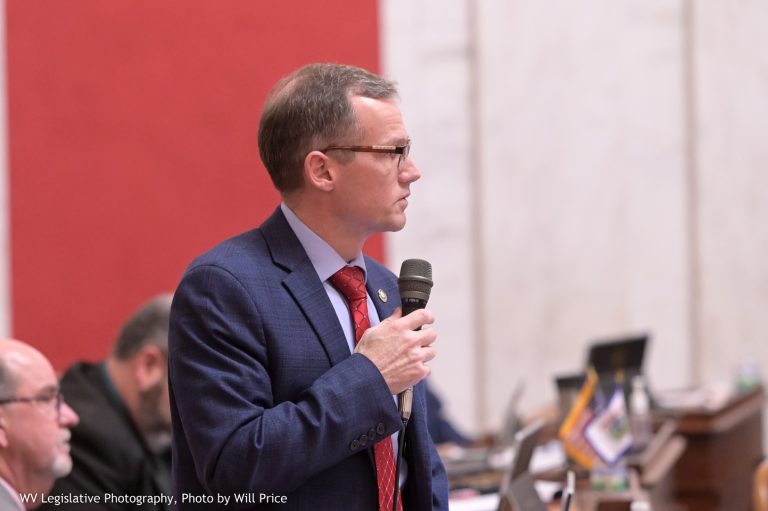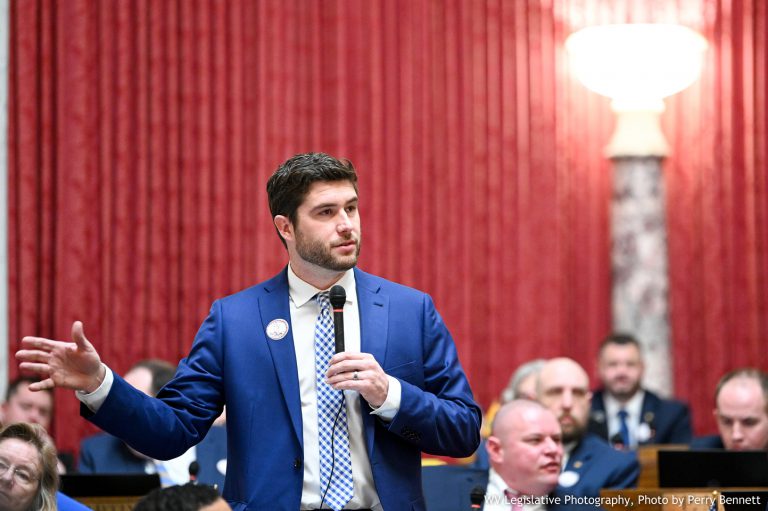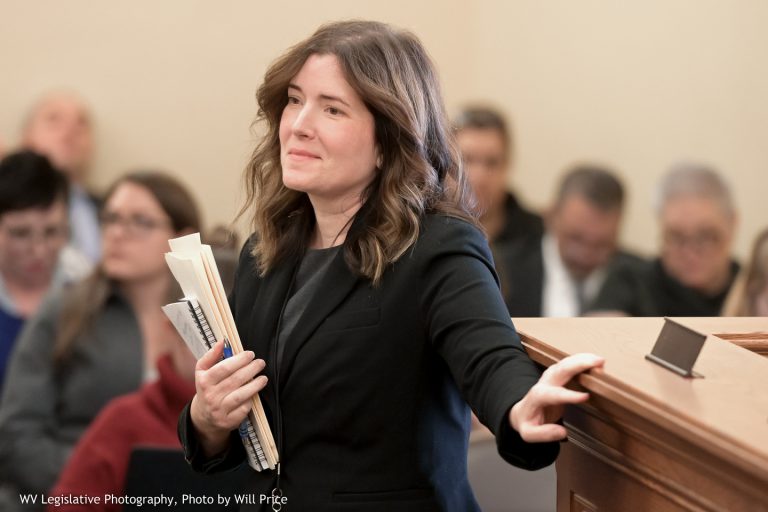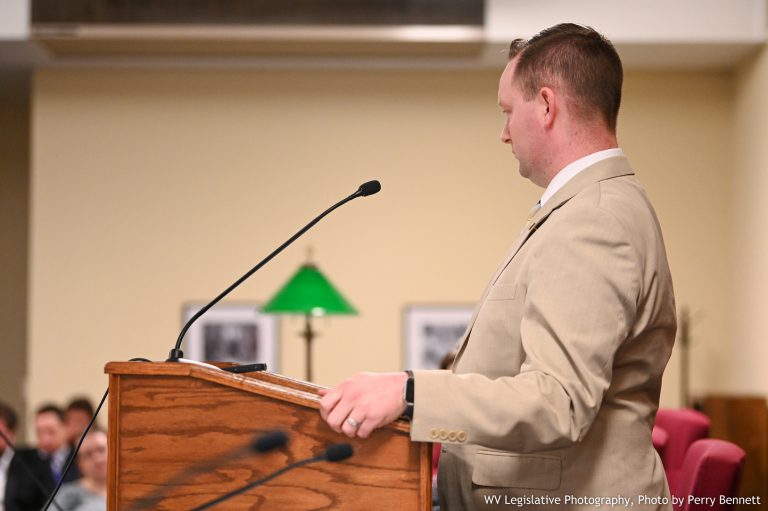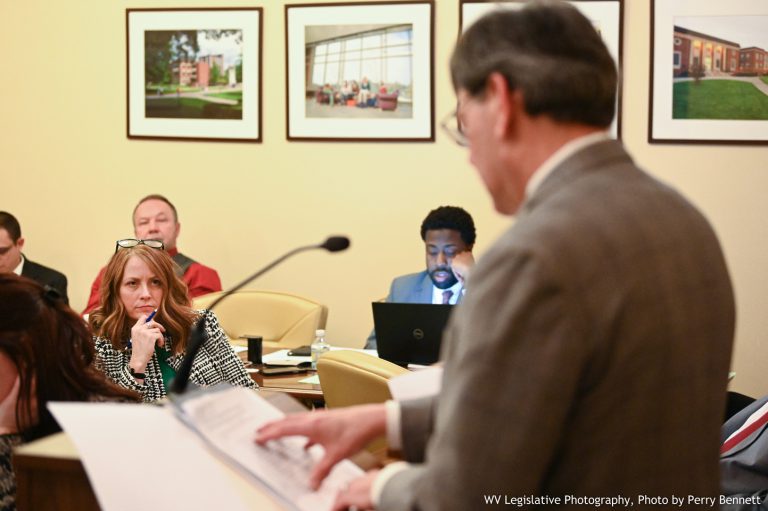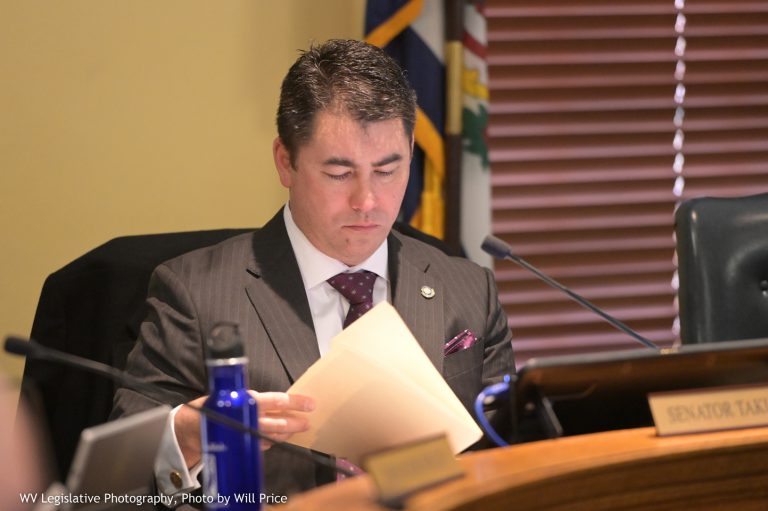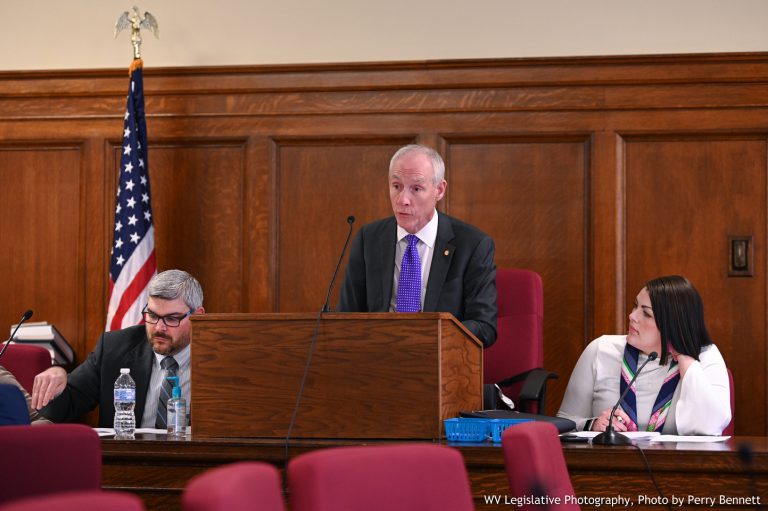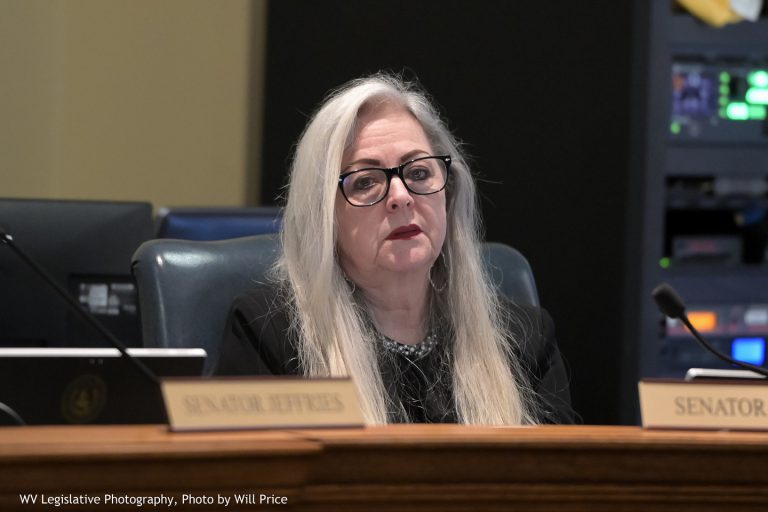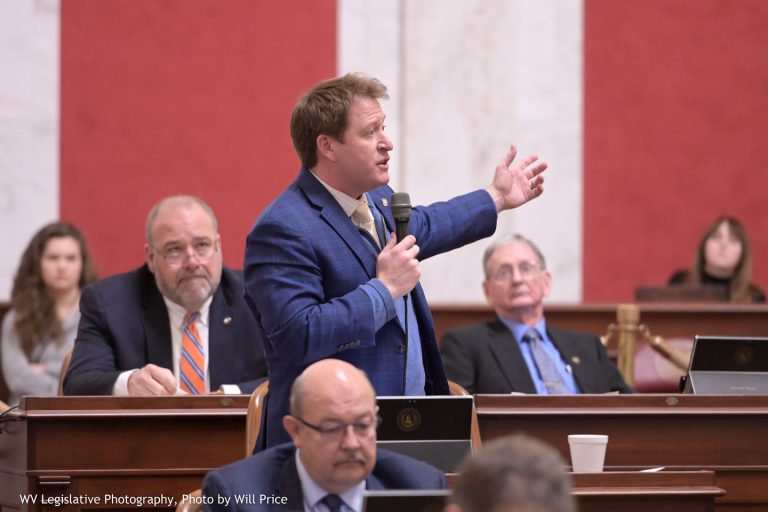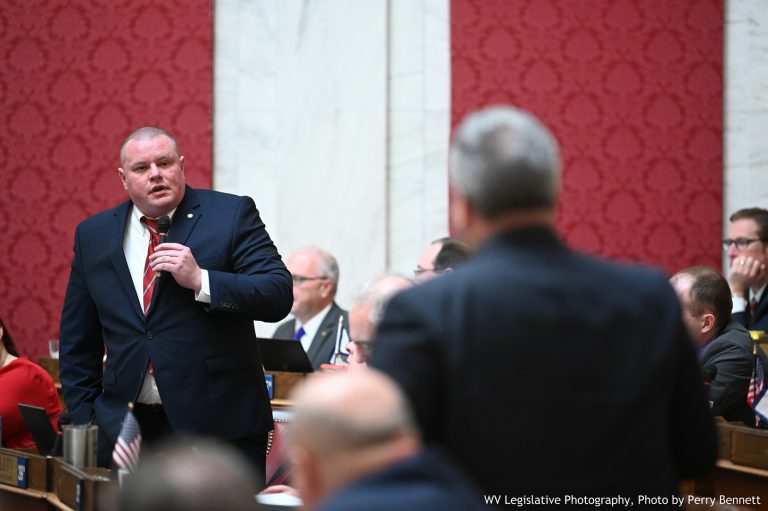The Senate convened at 11:00 AM on January 23rd to discuss the passage of two bills. The first bill to receive a vote was SB 192, which discussed audits from the West Virginia Secondary School Activities Commission. The purpose of the bill was to allow the WV legislature to have access to audits covering the control, supervision, and regulation of school sports events or extracurricular activities. The bill would be used as a means of holding the SSAC accountable for their funds and actions. The Senate engaged in lively debate concerning this bill, some opposing the bill believing that it was an unnecessary use of funds, while others argued that the bill would make the commission more transparent. The bill was rejected with a 16-17 vote with one absent.
The second bill to be discussed was SB 297, which would require the Board of Education to create a course on family and consumer sciences in schools. Such courses would encourage independence and prepare students for everyday tasks such as cooking, house cleaning, home repair, budgeting, and time management. The bill was passed unanimously and will advance to the House for further consideration.
Senate bills 144, 311, and 321 were read for the second time and will be up for a vote tomorrow.
Senate Bills 598-606 were introduced and referred to the appropriate committees.
The Senate also adopted Resolution 12 designating January 23rd as Human Resources Day. A brief recess was held for the presentation of this bill by Human Resources student from colleges and universities around the state.
The Senate is adjourned until 11:00 AM tomorrow.
The Senate Health and Human Resources Committee will meet at 1:00 PM in room 451M.
The Senate Committee on Energy, Industry and Mining will meet at 1:00 PM in room 208W.
The Senate Committee on Government Organization will meet at 2:00 PM in room 208W.
The Senate Education Committee will meet at 2:00 PM in room 451M.
The Senate Judiciary Committee will meet at 3:00 PM in room 208W.
The Senate Finance Committee will meet at 3:00 PM in room 451M.


